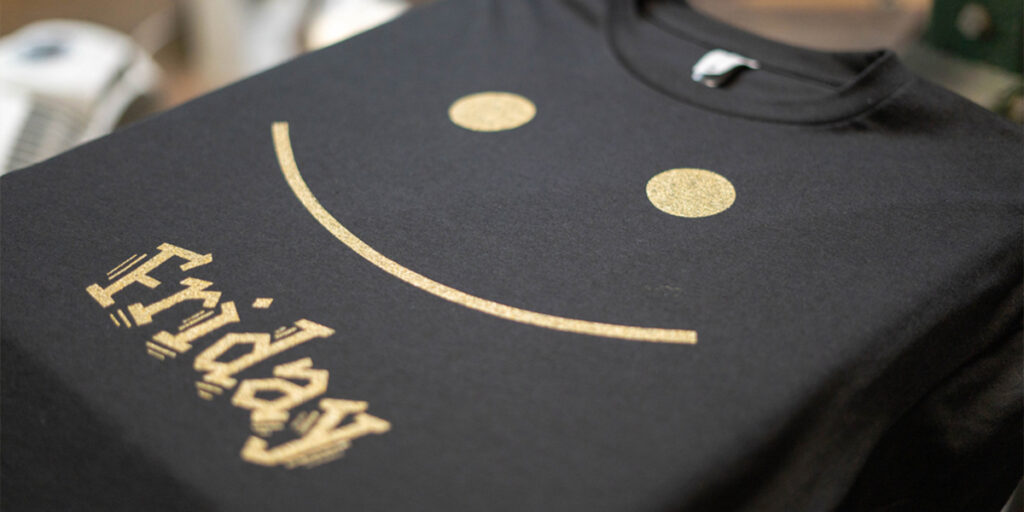By The ECO CEO
Eco-friendly fabrics are becoming increasingly popular as people look for sustainable and environmentally friendly options. These fabrics are made from materials that have a lower impact on the environment than traditional fabrics and can help reduce the carbon footprint of the fashion industry.
What are eco-friendly fabrics?
Eco-friendly fabrics are made from materials that are sustainable and have a lower impact on the environment than traditional fabrics. Some examples of eco-friendly fabrics include organic cotton, hemp, linen, bamboo, and recycled polyester.
Organic cotton is grown without the use of synthetic pesticides and fertilizers, which can have a negative impact on the environment and the health of farmers. It also uses less water than traditional cotton farming methods.
Hemp is a fast-growing crop that requires less water and fewer pesticides than cotton. It is also biodegradable and can be used to make a variety of fabrics, including denim and canvas.
Linen is made from the fibers of the flax plant and is a highly sustainable crop that requires little water and few pesticides. It is also biodegradable and has a low environmental impact.
Bamboo is a fast-growing plant that can be harvested without killing the plant, making it a highly sustainable option. It also requires less water and pesticides than cotton and can be used to make a variety of fabrics, including soft and breathable clothing.
Recycled polyester is made from recycled plastic bottles and other waste materials. It reduces the amount of waste in landfills and helps to conserve natural resources.
Why choose eco-friendly fabrics?
There are several reasons to choose eco-friendly fabrics over traditional fabrics. First, they have a lower impact on the environment, which can help to reduce your carbon footprint. By choosing fabrics that are sustainably produced, you can help to support the growth of more environmentally friendly practices in the fashion industry.
Second, eco-friendly fabrics are often of higher quality than traditional fabrics. They are made from natural materials that are softer and more breathable, which can make them more comfortable to wear. They also tend to be more durable, which means that they will last longer and require fewer replacements over time.
Finally and equally as important, eco-friendly fabrics can help to support local communities and small businesses. Many eco-friendly fabrics are produced by small-scale farmers and artisans, who rely on the income from these products to support their families and communities.
How to choose eco-friendly fabrics?
When choosing eco-friendly fabrics, there are several factors to consider. First, look for fabrics that are made from sustainable materials, such as organic cotton, hemp, linen, bamboo, and recycled polyester. These materials are often produced using environmentally friendly practices and have a lower impact on the environment than traditional fabrics.
Second, look for fabrics that are produced using ethical and sustainable practices. This can include using renewable energy sources, reducing water usage, and minimizing waste. You can also look for fabrics that are certified by third-party organizations, such as the Global Organic Textile Standard (GOTS) or the Better Cotton Initiative (BCI), which ensure that the fabrics are produced using environmentally and socially responsible practices.
Finally, consider the durability and quality of the fabric. Eco-friendly fabrics are often more durable than traditional fabrics, which means that they will last longer and require fewer replacements over time. Look for fabrics that are soft, breathable, and comfortable to wear, as these will be more enjoyable to use and wear in the long run.
In conclusion, eco-friendly fabrics are an excellent choice for anyone looking to reduce their carbon footprint and support sustainable and environmentally friendly practices in the fashion industry. By choosing fabrics that are made from sustainable materials and produced using ethical and sustainable practices, you can help to support local communities and reduce the environmental impact of the fashion industry.

